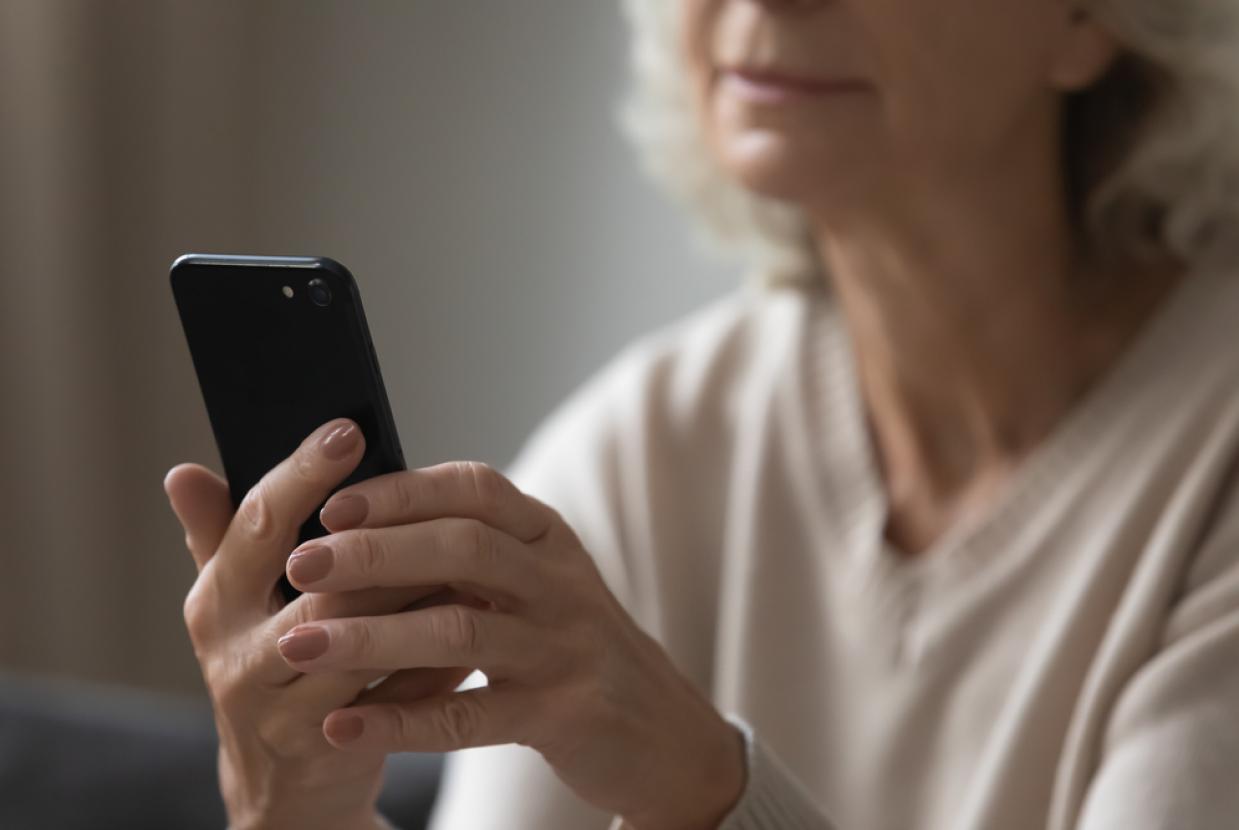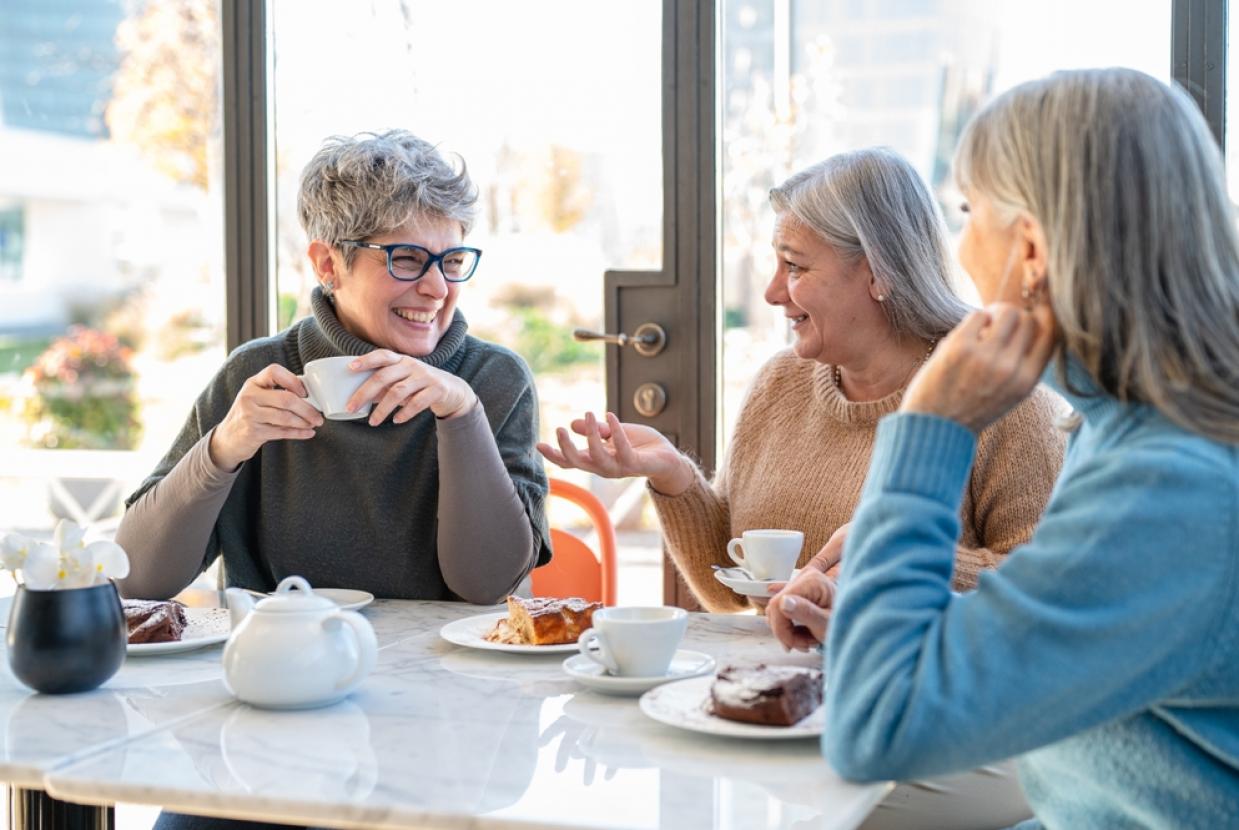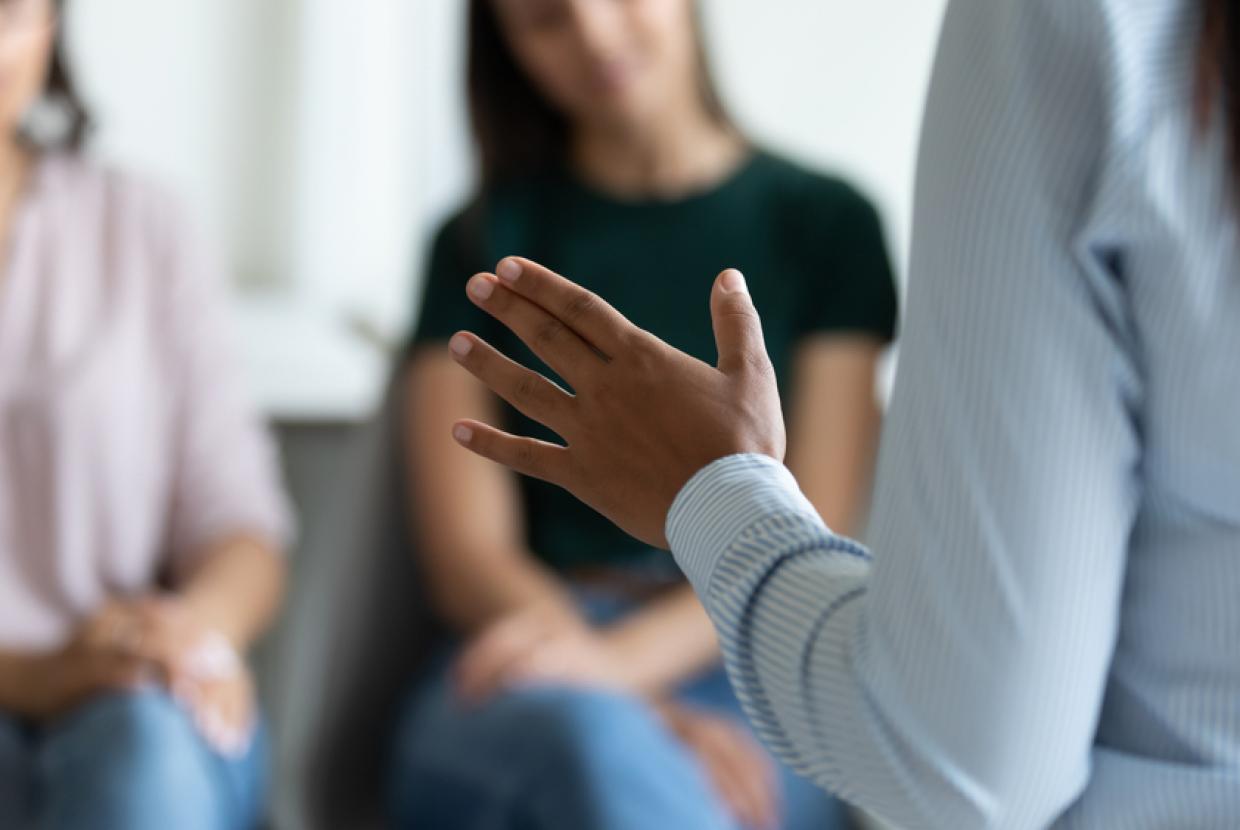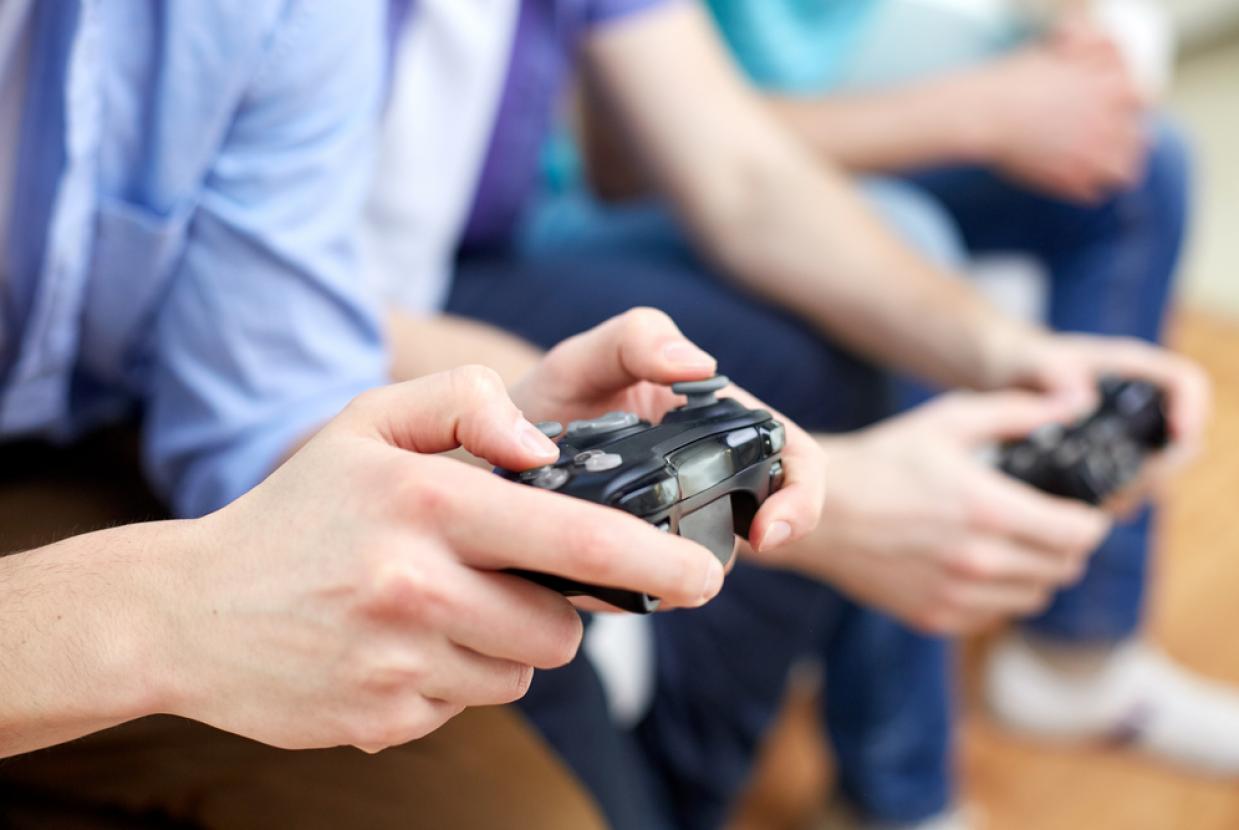Protect Your Eyes From The Sun
Find out how harmful UV light can affect your eyes, and how you can protect your eyes from the sun.
How the sun affects your eyes
We need light to see what’s around us and to see colour. Light from the sun contains invisible UVA and UVB rays, which can hurt your skin and your eyes. UVA and UVB are types of harmful ultraviolet (UV) light.
We protect our skin from this harmful UV light with sunscreen, which helps prevent sunburn. Because our eyes need light to work properly, UV light from the sun also enters our eyes. Much of the UV light is absorbed by the structures of the eye without any damage. However, harmful UV light can hurt your eyes and may increase your risk of developing an eye condition.
Why do I need to protect my eyes from the sun?
It’s important to protect your eyes from harmful UV light. Harmful UV light from the sun may increase your risk of some eye conditions, in particular cataracts. A cataract is a clouding of the lens inside your eye which makes your sight cloudy and misty.
“We all know that we must protect our skin from UV light, but it is just as important to protect your eyes too. Adults and children should have sunglasses that include a UV filter to reduce the risks of longer term eye health issues,” says Dr Louise Gow, Head of Eye Health, Optometry and Low Vision at RNIB.
Five top tips to protect your eyes from the sun
Here are our top tips to help you keep your eyes safe from the sun all year round:
1. Wear sunglasses
Sunglasses can protect your eyes from harmful UV light. They reduce the amount of UV light that enters your eyes, so your eyes are protected from the sun and your vision is more comfortable.
When you’re buying sunglasses, check they have the CE quality mark or British Standard (BS EN ISO 12312-1). This means they have adequate protection from UV light.
This information is printed on the inside of the arms of sunglasses.
Sunglasses can also help if you’re light sensitive or have problems with glare.
They come in a range of tints. The lightness or darkness and colour of the tint is largely a matter of personal choice. Darker lenses don’t always offer more protection, just as a lighter lens doesn’t always offer less. If you’re not sure, ask your optician.
When you’re looking for sunglasses, here are our top tips to help you find the perfect pair:
Choose a protective style
Bigger lenses give your eyes more protection, so it’s a good idea to choose sunglasses the largest lenses that fit your face comfortably. Wraparound styles also help block harmful UV light entering from the sides.
Cost doesn’t mean protection
Sunglasses don’t have to be expensive to protect your eyes. A cheap pair of sunglasses with UV protection and a CE or UKCA is better than an expensive or designer pair of sunglasses without.
Choose sunglasses to fit your lifestyle
Whether you’re after a stylish pair of sunglasses to take on holiday, or a practical pair for everyday wear, it’s important to choose sunglasses that work for you – and that you want to wear.
2. Check your glasses or contact lenses have a UV filter
Even when it’s cloudy outside, harmful UV light from the sun can still damage your eyes. The best way to protect your eyes from this damage is with a UV filter. This stops most of the harmful light entering your eyes.
Most prescription glasses come with a built-in clear UV filter. If you wear glasses, it’s a good idea to check they include a UV filter. If you’re not sure, ask your optician (also called an optometrist).
Many brands of contact lenses also have UV protection as standard, and you can check this with your optician.
3. Consider eye shields
Like sunglasses, eye shields reduce the amount of UV light that enters your eyes. They are larger than normal glasses and stop light from entering from above and from the side. This increased protection can be particularly helpful if you suffer with glare.
They are available in a range of different tints and colour filters, which can help to increase contrast and definition. It’s a good idea to try eye shields on in the environment you plan to use them to find the option that works best for you.
Eye shields should be fitted correctly to stop light coming in from the edges of the frame. If you need help, contact your optician.
Glare shields that fit over prescription glasses are also available - if you wear glasses and struggle with glare, these may help.
A full range of protective eyewear, including eyeshields and sunglasses are available to buy in the eyeshields and sunglasses section of the RNIB shop.
4. Take care outdoors
If you spend a lot of time outdoors your eyes may need more protection. For example, if your job involves being outdoors or if you enjoy outdoor hobbies.
Your eyes are also exposed to more UV light when there are more reflective surfaces around, such as water. It’s a good idea to protect your eyes if you’re at the beach, fishing, boating or on holiday.
Snow also reflects UV light, and stronger protection is needed if you’re spending time in the snow – for example if you’re skiing or snowboarding. When looking for protective eyewear, such as goggles, for these sports it’s important to check they also offer adequate UV protection.
5. Be safe in the sun
Sunglasses are the easiest way to protect your eyes from harmful UV light, but it’s also a good idea to practice good sun-safety every day – whether it’s sunny or overcast!
Remember to:
- Never look directly at the sun.
- Wear a wide-brimmed hat, together with your sunglasses. Hats provide extra shade and protection for your eyes. It’s a good idea to check the weather forecast before you go out, so you don’t get caught out on sunny days or when you’re on holiday.
- Spend time in the shade. Whether you’re relaxing by the pool or enjoying a family lunch in your garden, spending time in the shade can add another layer of protection for your eyes.
A child stands outdoors, they wear sunglasses, a bright blue hat and a blue and white striped t-shirt.
How to protect your child’s eyes from the sun
Protect your child’s eyes and their vision in the sun. Children are more sensitive to UV light because they have larger pupils (the black circle in the middle of your eye that lets light in) and clear young lenses (the structure that sits behind the pupil and bends and focuses light to help you see clearly). This combination means they absorb much more UV light than adults.
Here are our top tips to help you look after your child’s eyes in the sun:
- Wear a hat with a wide brim. The NHS recommends children wear a hat that shades the face, neck and ears.
- Tell your child to never look directly at the sun.
- Wear sunglasses that filter out harmful UV light. Children’s sunglasses are available in a range of styles to suit all ages, from tiny tots to teens. Always check for the CE quality mark or British Standard.
- Stay in the shade or indoors when the sun is strongest (11am to 3pm).
Spending time outdoors is important for all children and is linked to a range of health benefits. It can help reduce the risk of an eye condition called myopia. Myopia is also called “being short sighted” and means your vision is blurry when looking at things far away but clearer when looking at things up close. It can be corrected with glasses or contact lenses.
Eye tests for children
It’s also important to get your child’s eyes tested regularly by an optician. An eye test is an important health check for your child’s eyes. Even if you don’t think they have a problem with their eyesight, regular eye tests can help detect other health conditions. Some childhood eye conditions can be treated if detected before the age of eight and may not be detected without having an eye test. Children can have eye tests even before they can read and it is important to start having tests as early as possible.
Children under 16 years old can get a free NHS eye test. Children aged 16 to 18 can get a free eye test if they’re in full-time education. In Scotland eye examinations are free for everyone.












































